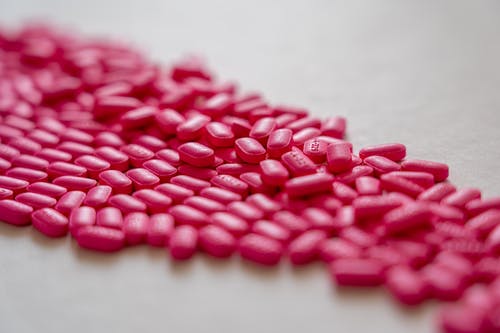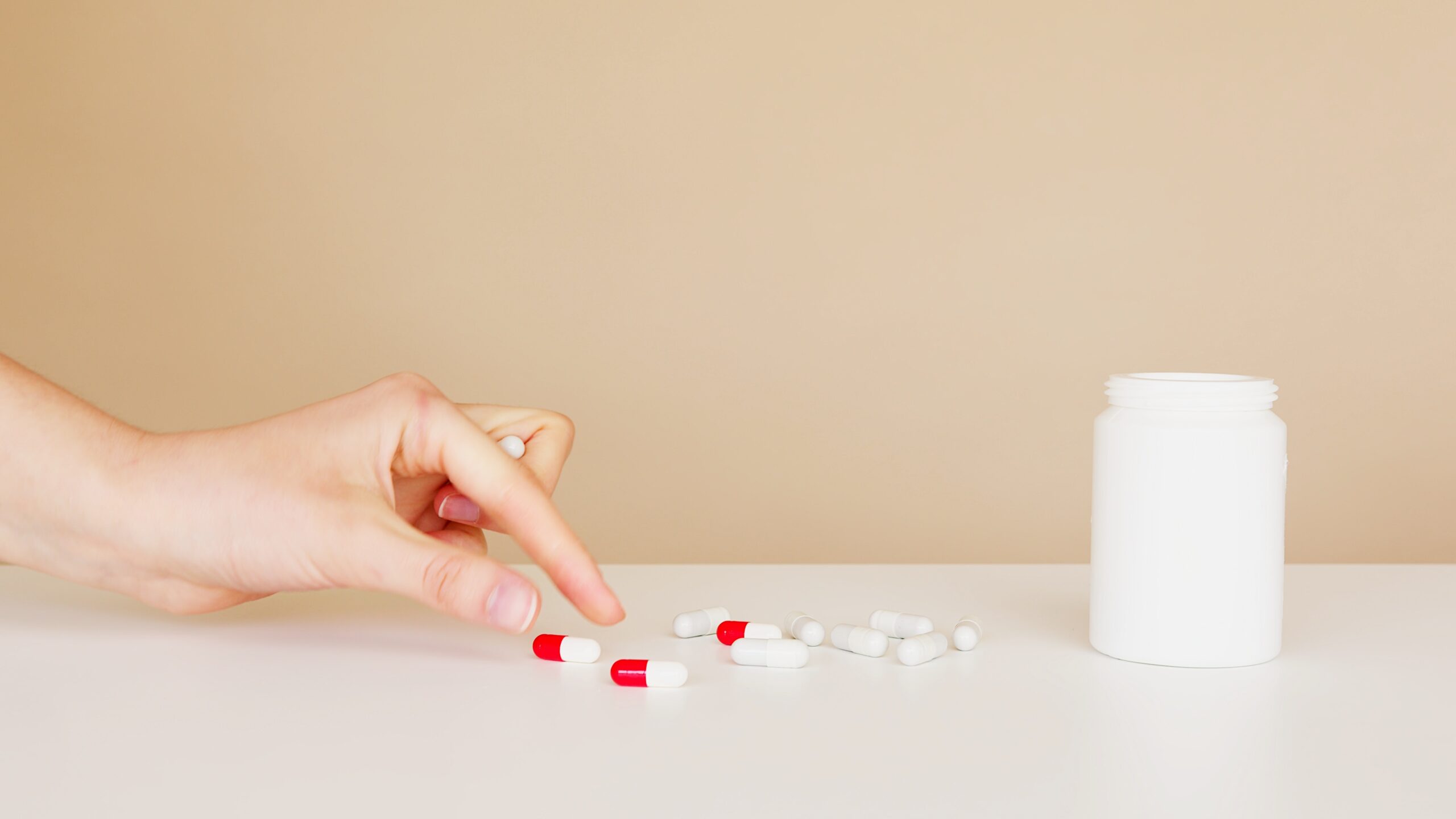Could the Sinclair Method be the ‘magic pill’ for alcoholism? Used extensively in Finland it has a claimed 90% success rate. Compare this to which AA has a three year success rate of just 5%.
The Sinclair Method does not require a person to stop drinking. A person would take their prescribed does of Naltrexone approximately one hour before they start drinking. The Naltrexone will block the endorphins released in a person’s brain while they drink. The purpose of this, is that you are breaking the connection of alcohol with endorphins which make us feel good.
This method is not common in all parts of the world and has medical professionals divided. If you are interested in the Sinclair Method, do your research, and have a constructive and honest conversation with your health care professional.
Read the Sinclair Method for more.
Nalmefene – The New Drug for Alcoholism
Nalmefene could be the next big thing in alcohol dependence treatment.
Nalmefene is structurally similar to Naltrexone, but Nalmefene is currently licensed to be prescribed to reduce cravings in alcoholics who have already stopped drinking. Like Naltrexone, Nalmefene is an opiate antagonist.
Nalmefene is more commonly used in Europe than in other parts of the world. Nalmefene is often used in combination with psychological support. This could be outpatient treatment programs or support groups such as Alcoholics Anonymous and Smart Recovery.
To learn more about this drug, read Nalmefene – New Drug For Alcoholism.
Disulfiram, Also Known as Antabuse
Disulfiram, more commonly known as Antabuse, is another medication used with alcohol addiction. It causes unpleasant effects even when small amounts of alcohol are ingested. Common side effects include flushness in the face, nausea and vomiting.
If a person is taking Antabuse as prescribed, they would begin to have an adverse reaction approximately 10 minutes after they drink alcohol. This medication should never be given to an individual who is already intoxicated or given to someone without their knowledge and consent.
A downside to this medication is that daily oral medications can be easily manipulated by skipping a dose which would then have an impact on the severity of adverse side effects experienced after drinking. If a person stops taking Antabuse, they could still notice effects from the medication for up to two weeks after the last dose is taken.
If you are interested in learning more about Antabuse, please consult your prescribing doctor.
Baclofen, a New Alcoholism Treatment
Baclofen is a drug traditionally used to treat painful muscle spasms and multiple sclerosis. It has also been used as an alcoholism medication.
After taking Baclofen, a person would feel a calming effect due to the way it influences their brain. This calming effect then increases a person’s level of Dopamine, which then ideally decreases their experiences with cravings.
The use of Baclofen with the treatment of alcohol cravings is growing in the medical field. Prescribers are noticing a positive impact, however addition research is still needed regarding Baclofen and its use with alcohol addiction.
You can read New Alcoholism Treatment for more on this potentially life-changing discovery.
Acamprosate, Also Known as Campral
Acamprosate, better known as Campral, is another commonly used medication with alcohol addiction. This medication is best used when taken directly after a person has stopped drinking alcohol. This medication works to reverse the changes in a person’s brain after heavy alcohol use.
With that being said, this medication would not be the best choice if you have gone through a detoxification program already or have a period of sobriety established. It is important to be honest with your doctor about the amount of alcohol consumed, even if a relapse occurs while taking Campral.
If you are interested in learning more about Campral and if it may be a good fit for you, please consult with your prescribing physician.
Alcoholism Medication:
Medication To Help Quit Alcohol
Although not in itself a treatment for alcoholism, medication for alcoholism- naltrexone, Antabuse or Campral, can help alcoholics stop drinking and stay in recovery.
It is important to note that medications for alcohol abuse work best when combined with a behavioral approach. There are a few different options that a person can engage in:
· Inpatient Programs: The goal of inpatient programs is to establish an environment where a person can come and begin their recovery. The hope is that when a person completes their inpatient program, they would have a better understanding of addiction, triggers, and coping skills for their stressors.
· Outpatient Program: Outpatient programs tend to pick up where an inpatient program ends, and continue focusing on adjusting to a sober life style upon returning to their routine. Early recovery comes with many challenges, having a program to go to can offer a place of support during these challenges.
· Support Groups: Support groups, such as Alcoholics Anonymous or Smart Recovery, are not run by Mental Health Professionals, rather by other alcoholics in recovery. Support groups can offer a safe place to share, listen and learn about recovery.
For more on these FDA approved medicines read medication for alcoholism.



